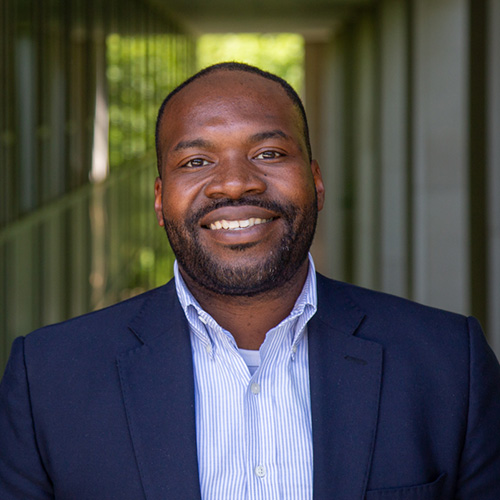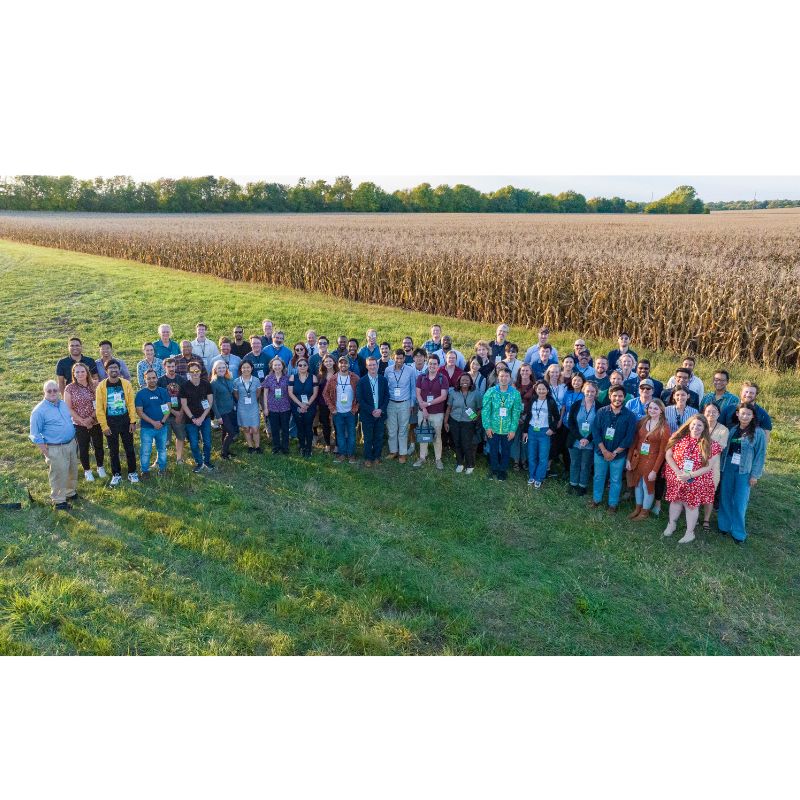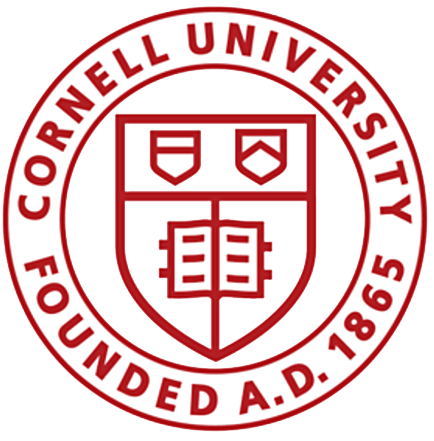Advance Healthy, Synergistic Team Science
CROPPS envisions a center that is a hotbed for cross-disciplinary and cross-institutional collaboration. This requires us to be intentional about the ways we work together: with integrity, efficiency, and accountability.
Center-wide actions for developing supportive collaborations
- Establish collaboration and conflict agreements early on. These will include:
-
- Division of tasks and responsibilities
- Frameworks for authorship
- Mechanisms for resolving conflict
- Tools for monitoring progress
-
- Provide regular progress updates in Cluster meetings
Peer-to-peer or mentor-trainee
- Articulate responsibilities that take project funding, academic, and personal obligations into account
- Act with the utmost integrity in all interactions
- Ask and provide feedback in meetings regularly
- Check in on each other
- Share resources, progress, and wins







